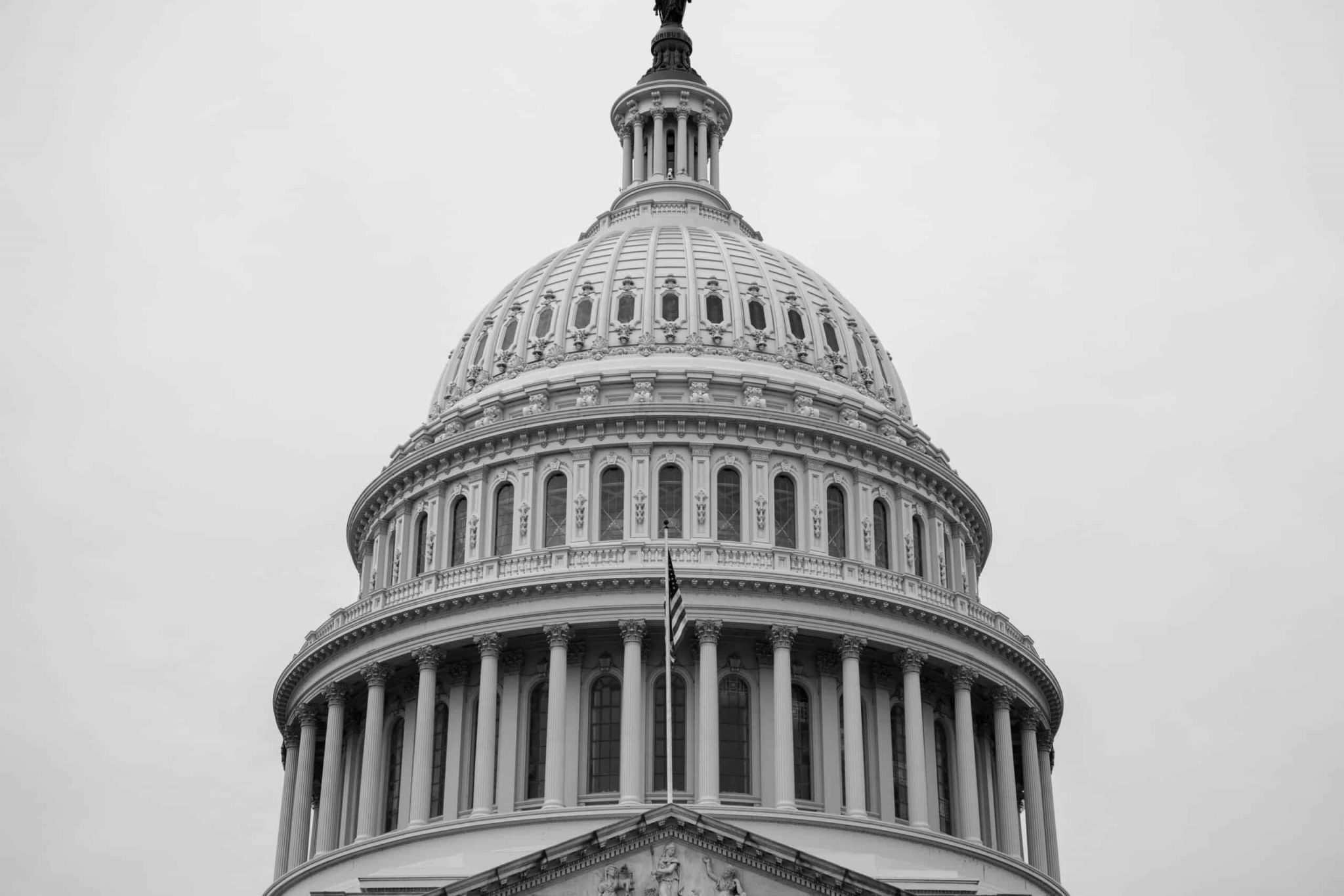
Sarah Leadem is a joint degree candidate at Harvard Law School and the Harvard Kennedy School of Government.
In today’s News and Commentary: The White House intervenes to prevent the railroad strike, data shows that New York City’s $15 minimum wage law fueled job growth and reduced poverty, and an ILO report highlights the growth of modern slavery in wake of COVID-19 pandemic.
The threat of a railroad strike continues. As parties inch toward the Friday strike deadline, the White House has decided to get involved. President Biden is, reportedly, taking a more direct role in negotiations and reached out the unions and freight rail companies this Monday to urge them to make a deal. Secretary of Labor Marty Walsh is also stepping in. This week, he delayed a scheduled trip to Ireland in order to attend to negotiations. As discussed in an OnLabor post from earlier this week, many await intervention from Congress. Just yesterday, however, the railway unions asked Congress to stand down. The International Association of Sheet Metal, Air, Rail, and Transportation Workers (SMART) sent a letter to key Congressional leaders imploring them not to intervene. Any potential Congressional action will play out in the coming days.
New data shows that New York City’s $15 minimum wage law was accompanied by job growth and reduced poverty. Data released by the New York City Comptroller suggests that, as the minimum wage increased to $15 per hour between 2013 and 2019, industries with high numbers of minimum wage workers saw notable economic growth. Household income also rose and poverty rates declined. The Comptroller heralded this as a “net positive for the City’s economy.”
Finally, a new report finds that 50 million people worldwide are currently in modern slavery. Modern slavery takes many forms, the primary of which is forced labor. This number has increased dramatically in the last 5 years. Why so? Researchers at the UN’s International Labor Organization, Walk Free, and the International Organisation for Migration suggest the COVID-19 pandemic exacerbated extreme poverty and increased indebtedness, fueling these principal drivers of modern slavery. The report prescribes several reforms, including increasing global legal enforcement and expanding the right to collective bargaining.






Daily News & Commentary
Start your day with our roundup of the latest labor developments. See all
February 8
The Second Circuit rejects a constitutional challenge to the NLRB, pharmacy and lab technicians join a California healthcare strike, and the EEOC defends a single better-paid worker standard in Equal Pay Act suits.
February 6
The California Supreme Court rules on an arbitration agreement, Trump administration announces new rule on civil service protections, and states modify affirmative action requirements
February 5
Minnesota schools and teachers sue to limit ICE presence near schools; labor leaders call on Newsom to protect workers from AI; UAW and Volkswagen reach a tentative agreement.
February 4
Lawsuit challenges Trump Gold Card; insurance coverage of fertility services; moratorium on layoffs for federal workers extended
February 3
In today’s news and commentary, Bloomberg reports on a drop in unionization, Starbucks challenges an NLRB ruling, and a federal judge blocks DHS termination of protections for Haitian migrants. Volatile economic conditions and a shifting political climate drove new union membership sharply lower in 2025, according to a Bloomberg Law report analyzing trends in labor […]
February 2
Amazon announces layoffs; Trump picks BLS commissioner; DOL authorizes supplemental H-2B visas.